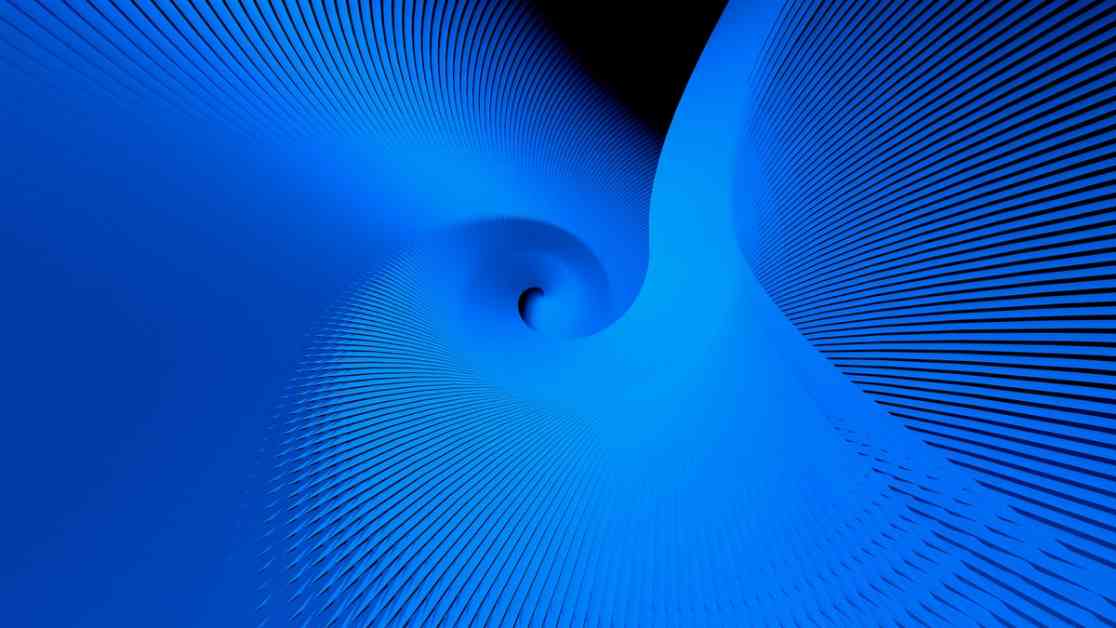Physicists and mathematicians have long grappled with the concept of unprovable truths in their respective fields. The incompleteness theorem, famously discovered by Kurt Gödel in 1931, shattered the notion that every mathematical truth could be proven within a given framework. This revelation sent shockwaves through the academic community, challenging the very foundation upon which mathematics was built.
In a recent development, physicist Toby Cubitt of University College London and his team have uncovered a new example of Gödel’s incompleteness theorem in the realm of physics. Their research sheds light on a particle system undergoing a phase transition, akin to the shift from liquid to solid when water freezes. However, what sets this system apart is the critical parameter determining the phase transition, which is indeterminable—an uncomputable number.
### An Indeterminable Phase Transition
Cubitt’s investigation focused on a simple system—a finite square lattice containing particles interacting with their nearest neighbors. By varying a parameter φ, representing the strength of interaction between particles, the team observed a transition from a conductor to an insulator state. Surprisingly, the value of φ at which this transition occurs corresponds to the Chaitin constant Ω—a noncomputable number with profound implications.
### An Incalculable Number
The Chaitin constant, conceived by mathematician Gregory Chaitin, defies precise calculation due to its irrational and nonrepeating nature. This inherent unpredictability renders the phase transition in Cubitt’s system equally elusive, highlighting the intricate interplay between mathematics and physics.
While the practical implications of these findings may seem abstract, they underscore the fundamental limits of human knowledge and computational capabilities. As we grapple with the mysteries of the universe, Gödel’s incompleteness theorems continue to shape our understanding of the world around us, challenging us to confront the boundaries of what can truly be known and proven.
In a world governed by complex equations and uncertain outcomes, the quest for truth remains a tantalizing pursuit—one that transcends the confines of mathematics and physics, resonating with the very essence of human curiosity and ingenuity. So, as we navigate the intricacies of Gödel’s legacy, let us embrace the beauty of the unknown and the infinite possibilities that lie beyond our comprehension.




